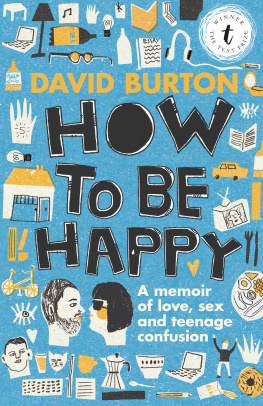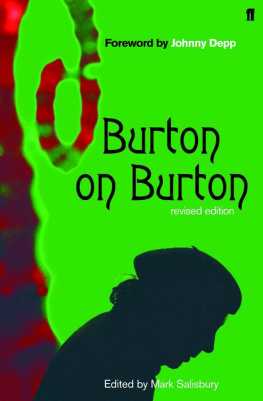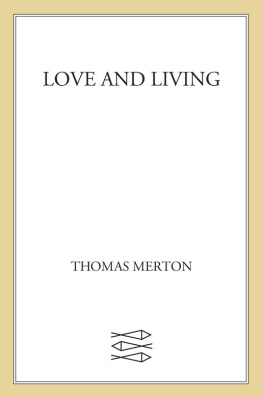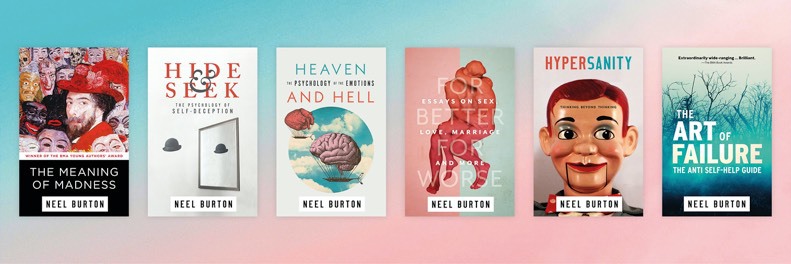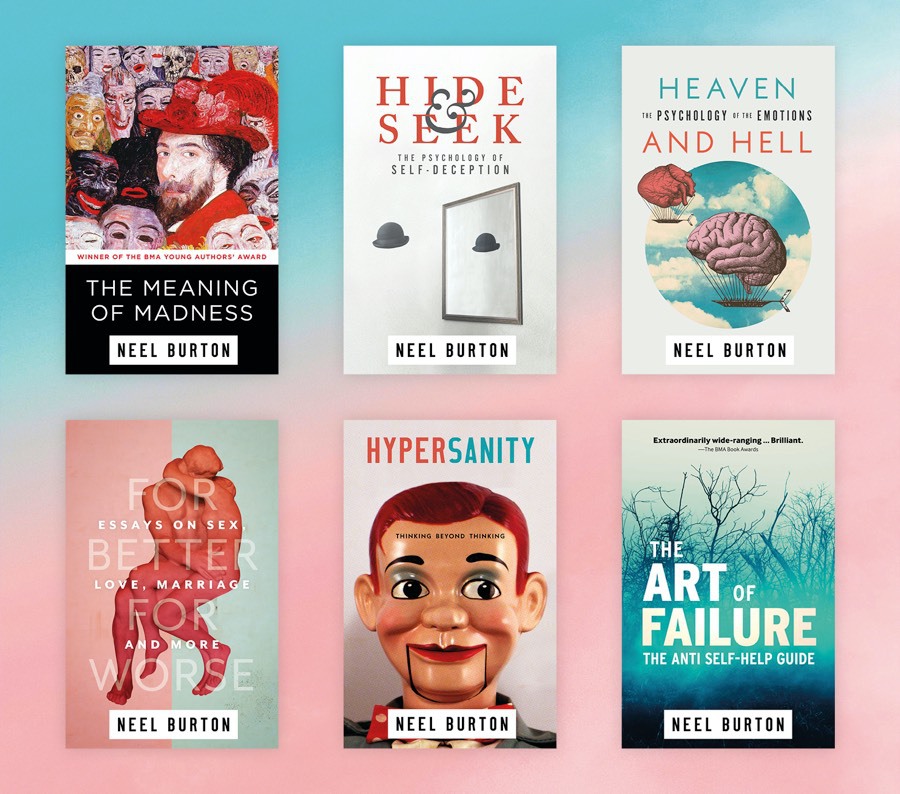For Better For Worse
Essays on Sex, Love, Marriage, and More
Neel Burton
Ataraxia Series, Book 4
If you marry, you will regret it;
If you do not marry, you will also regret it...
This is the sum and substance of all philosophy.
Sren Kierkegaard
Copyright 2021 by Neel Burton
All rights reserved.
No part of this book may be reproduced in any form or by any electronic or mechanical means, including information storage and retrieval systems, without written permission from the author, except for the use of brief quotations in a book review.
Dr Neel Burton is a psychiatrist, philosopher, and wine-lover who lives and teaches in Oxford, England. He is a Fellow of Green-Templeton College in the University of Oxford, and the winner of several book prizes including, the feather in his cap, a Best in the World Gourmand Award. His work features regularly in the likes of Aeon and Psychology Today and has been translated into several languages. When he is not reading or writing, or imbibing, he enjoys cooking, gardening, skiing, learning languages, visiting museums and gardens, and travelling, especially to sunny wine regions.
www.neelburton.com
The happiness of your life depends upon the quality of your thoughts.
Marcus Aurelius
In my work as a psychiatrist, I help to treat mental disorderand, Im delighted to say, most of the people I see do get better.
But why stop here?
I believe that there is much more to mental health than the mere absence of mental disorder.
Mental health is not just about surviving, but about thriving, about developing and expressing our highest, fullest potential as human beings.
Before Christianity, there were, of course, the pagan gods, Zeus and Jupiter and their ilk. But, especially for the high-minded, there were also a number of philosophical schools, the major ones being cynicism, stoicism, skepticism, and epicureanism. Although each with its own outlook and method, all four schools aimed at the attainment of mental tranquillity and mastery, or ataraxia making them, in my view, much more similar than different.
Ataraxia [Greek, lack of disturbance or trouble] is also the guiding principle of this series, with each book, like each philosophy, adopting a distinct but complementary approach to peace of mind: exploring the deep origins of our distress in The Meaning of Madness ; guarding against the demons of self-deception in Hide and Seek ; refining our emotions in Heaven and Hell ; regulating our relations with others in For Better For Worse ; developing our thinking skills in Hypersanity ; and, finally, redefining our concept of success in The Art of Failure .
To recap, the six books in the series are:
- The Meaning of Madness
- Hide and Seek: The Psychology of Self-Deception
- Heaven and Hell: The Psychology of the Emotions
- For Better For Worse: Essays on Sex, Love, Marriage, and More
- Hypersanity: Thinking Beyond Thinking
- The Art of Failure: The Anti Self-Help Guide
Although the series is numbered, each book can happily stand on its ownmeaning that you can read just one or all six, and in whichever order you like.
Ataraxia is closely linked with eudaimonia, which is often translated as happiness but which is, in fact, a much deeper, fuller, and richer concept, sometimes articulated in terms of flourishing, or living a life that is worthwhile and fulfilling.
The stakes could not be higher.
Contents
Introduction
We are the ultimate social animal. Our intimate relationships are the most important thing in our life, often, more important than life itselfinsofar as we would die for those we love.
But at a time of unprecedented social and technological change, the path to the intimacy that we crave has been confused, leaving us more connected and yet more alone and uncertain than ever before.
Marriage is an ancient institution that evolved in a historical context of agrarian societies with low life expectancy, high fertility and infant mortality, and marked gender disparity. If it did serve our ancestors well, has it now outlived its usefulness? Whatever the answer to that question, there is, as we shall discover, nothing natural or pre-ordained about marriage, or even monogamy, and while marriage may be suited to some, it cannot be suited to all.
For Better For Worse is intended as a thinking persons guide to marriage and its alternatives, and to human relationships and sexuality in general. It is not intended as a polemic, and tries in as far as possible to let the facts and arguments speak for themselveseven though, in the final reckoning, marriage, like love, or trust, or religious belief, is, as it must be, a leap of faith that transcends reason and prudence. Unlike in some of my other books, there is no central argumentother than, perhaps, its very complicated or each to their own. But even these, I think, are worthwhile messages in a world full of conventions, preconceptions, expectations, prejudice, and self-doubt.
If choice and bias have entered, it has mostly been in the selection of topics. Certain topics such as love and the family are central to any discussion of human relationships. Others, such as gender fluidity in gods and heroes and the history and psychology of the orgy are just too interesting and revealing to leave out. The chapters around the history of love and sexuality speak to where we came from and how we got here, and shed some light on the way forward. Topics that could have been included but that I have dealt with elsewhere (notably in Heaven and Hell on the psychology of the emotions) include loneliness, trust, and forgiveness. There is a loose progression to the chapters, but each one is fairly self-contained and you may choose to dip in and out and progress in any order or none at all.
Even if you have already determined your destination, even if you have already set sail, For Better For Worse should help you to navigate the storms and doldrums that lie ahead, and, more important still, to question the very purpose and value of your journey.












